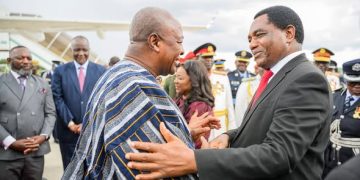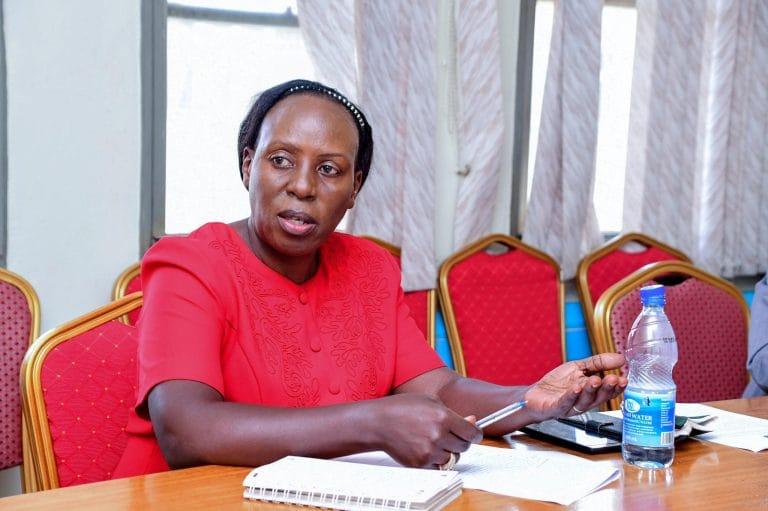In a world shaped by globalization, economics and ecology are intricately intertwined. Today, the urgency of the ecological crisis demands that we rethink our strategies and ways of life, and in this context, Degrowth emerges as an alternative proposal. However, to fully comprehend and successfully implement it, we must account for decolonization. In other words, there can be no degrowth without decolonization. But why?
The idea of degrowth stems from a need to mitigate our environmental impact and seek sustainability. It is a proposal to decrease production and consumption in high-income countries, recognizing that the planet cannot withstand an economy based on infinite growth. Degrowth focuses on the pursuit of human well-being and respect for ecological limits.
On the other hand, decolonization refers to a critique of economic and political structures that perpetuate global inequalities, which originated in colonialism and imperialism. Today, these legacies are reflected in global value chains, trade agreements, investment agreements, and geopolitical structures of wealth accumulation.
Therefore, the intersection between degrowth and decolonization is critical. To achieve true degrowth, it is essential to decolonize economies and mindsets, freeing ourselves from patterns of thought and action that maintain and perpetuate economic injustices and imbalances.
To implement this degrowth, we need to dismantle the structures that keep Global South nations in a state of economic and political dependency. It is necessary to redefine the value of natural resources, not as mere inputs for the economy, but as vital elements that guarantee life on the planet.
Likewise, degrowth requires a profound cultural change, where we stop measuring success in terms of production and consumption and start valuing sustainability, human well-being, and respect for nature more.
While it may seem daunting, it is crucial to ensure a sustainable future. Degrowth and decolonization must go hand in hand. We must reject the idea that progress is only measured in terms of economic growth and we must learn from cultures and societies that have lived for centuries in harmony with nature.
Decolonization not only means changing the way Northern economies interact with the South, but also reevaluating and changing our own perceptions and behaviors. It calls us to address the deep wounds of the past and to work together to build a more equitable and sustainable future.
The path to degrowth is also a path to decolonization. Without the latter, degrowth may become another tool of oppression and inequality, instead of a solution to the ecological crisis.
Decolonization involves restructuring economic and power relationships, both globally and locally. Decolonizing is not only about wealth redistribution or the reform of trade and economic policies, although these are certainly crucial components. It is also about decolonizing our minds, our ways of thinking, and our relationships with the world and each other.
This leads us to question and reevaluate the dominant narrative that values wealth accumulation and the exploitation of natural resources above everything else. Instead, we should prioritize respect for ecological limits and social equity, understanding that these are fundamental for long-term human survival and well-being.
On a practical level, this can take many forms, from reviewing trade agreements to reforming global value chains to be more just and sustainable. It also involves promoting self-sufficiency in Global South communities, rather than dependency on the Northern economy.
It is important to note that decolonizing is not synonymous with returning to the past, but rather learning from it and advancing towards a more equitable and sustainable future. In this regard, indigenous and traditional societies have much to teach us about lifestyles that are more respectful of the environment and that value community and cooperation over individualism and competition.
The transition to a degrowth economy requires a radical paradigm shift, a decolonization of our economies and our minds. Only in this way can we break the cycle of exploitation and inequality that perpetuates the ecological crisis. There can be no degrowth without decolonization, and there can be no sustainable future without both.
Rosmel Rodriguez
European Union Climate Pact Ambassador
Twitter: @Ros_Rodriguez_








































